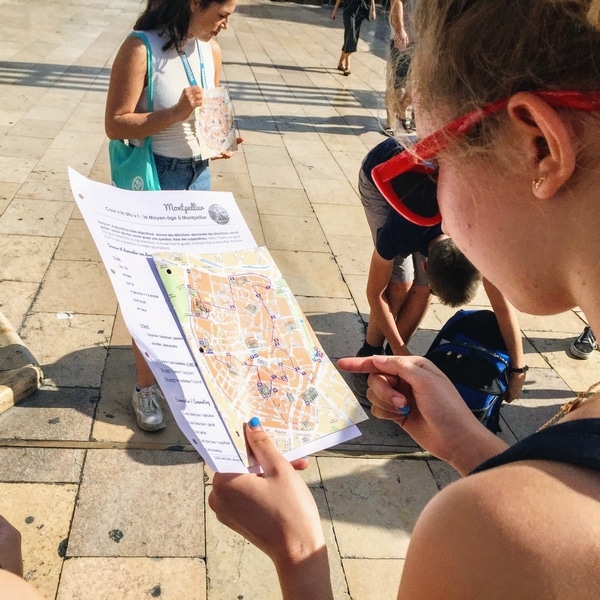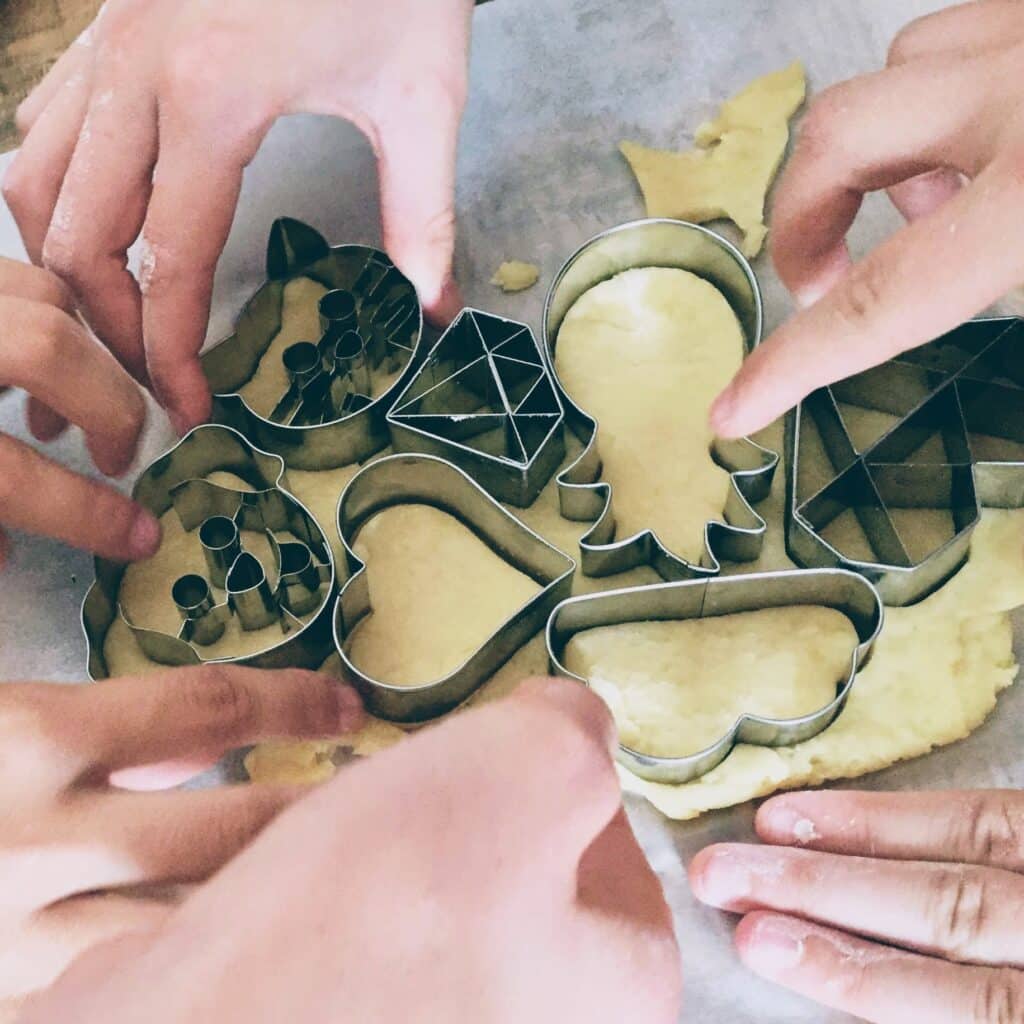
French from Scratch
Present
One might think that the present tense is the easiest to conjugate, but, surprisingly, that’s not the case—the past and future are much easier to use! This is one of the challenges of French during the first few months of learning.
Luckily, there are a few tricks that will make your life easier! Just like in IKEA stores, you can sometimes take a shortcut instead of following the marked route on the floor.
Shall I take you? C’est parti !
Tips to conjugate present
1. Be strategic – some verbs are more common than others. Below, they are presented in order of frequency.
2. Count on your allies – regular verbs, which you recognize by their -er endings in the infinitive, are very easy to conjugate, in addition to being very numerous and very frequent. If your French were a sandwich, they would be the bread. They’re waiting for you on this page.
3. Hack the infinitives – yes, you can hack verbs! For the 5 singular persons, the conjugated verb is the short version of the infinitive. The spelling changes but the pronunciation stays the same—in short, if you know how to conjugate for “je”, say the same thing for “tu,” “il,” “elle,” and “on.”
Example: boire (to drink): je bois, tu bois, il boit, elle boit, on boit
In short, if verbs were dough, imagine conjugation as a cookie cutter. Just like in the picture, conjugating is like applying the cookie cutter to the dough. You cut the verb and voilà, it’s ready to use!
4. Hack “nous” – the plural is more irregular than the singular. A very good way to get around the difficulty, at first, is to use “on” instead of “nous.”
5. Create a routine – like physical exercise, regularity pays off. Ten minutes every day is better than an hour on the weekend. Integrate this page into your daily routine; create a shortcut on your phone right next to your favorite time-consuming app!
6. Combine with words – imagine the verb as a locomotive and words as train cars. Using the cards below, add train cars—always more train cars:
Example: je bois (I drink), je bois un café (I drink a coffee), je bois un café en terrasse (I drink a coffee on a patio), je bois un café en terrasse avec mes amis (I drink a coffee on a patio with my friends), etc.

Some verbs, especially the two most frequent ones, être (to be) and avoir (to have), are very irregular, and there’s sometimes no connection between the infinitive and the conjugations (être <> je suis, pardon?!). Let’s just say that’s the baroque side of French (or rather: Romance languages), and languages are allowed their little quirks 😉
Below are flashcards to help you memorize the main French verbs (excluding regular verbs). There are several very useful features that really grease the wheels of learning. Discover them here.

